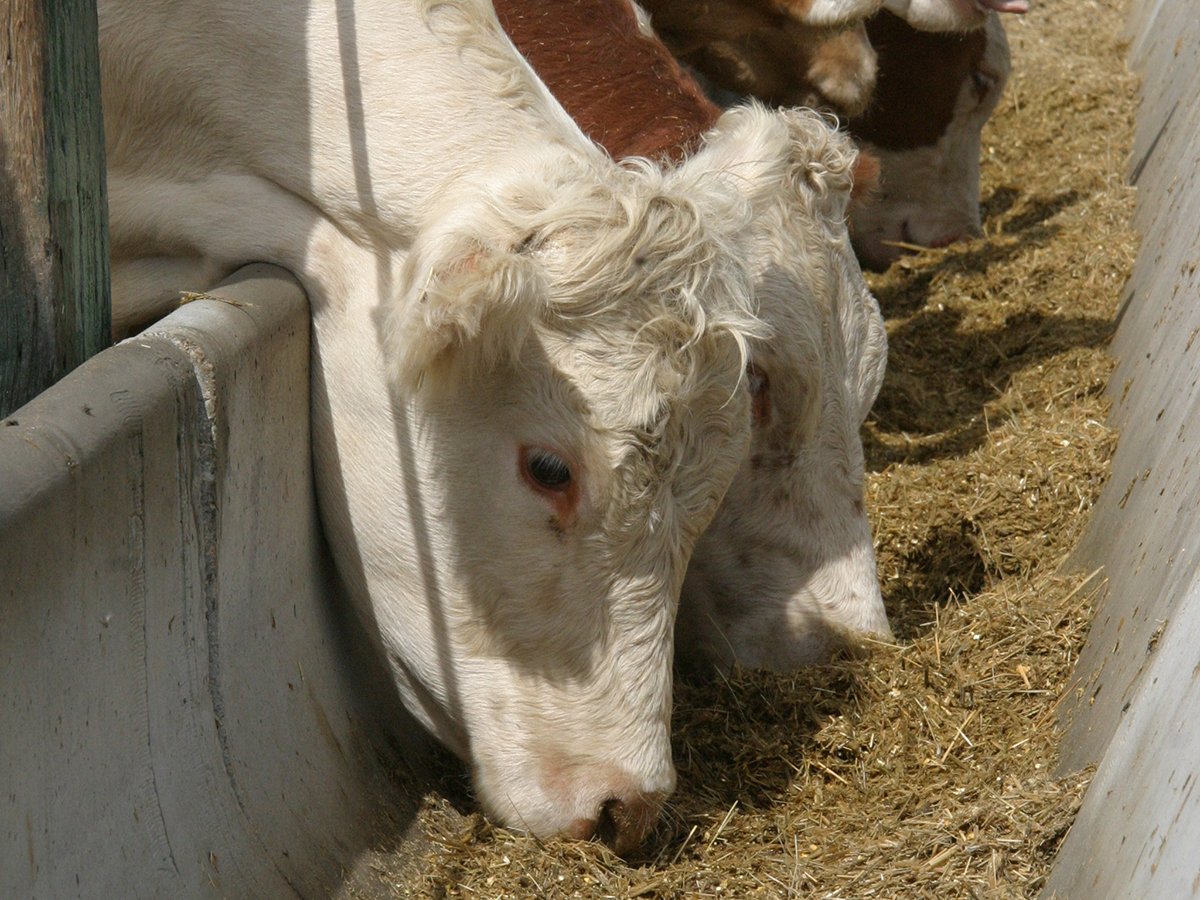A new equivalency agreement with the European Union means Canadian growers now have unfettered access to the world’s two largest organic markets.
After nearly four years of negotiations, the Canadian Food Inspection Agency and the European Commission’s Directorate-General for Agriculture and Rural Development have agreed to recognize each other’s organic standards and laws.
The deal means Canadian certified organic product will be treated no differently than European product and vice versa.
“This is an absolute game changer for Canadian farmers and food manufacturers,” said Matthew Holmes, executive director of the Canada Organic Trade Association.
Read Also

Alberta cattle loan guarantee program gets 50 per cent increase
Alberta government comes to aid of beef industry with 50 per cent increase to loan guarantee program to help producers.
“With full access to European markets, suppliers and ingredients, Canada’s organic sector now has a strategic edge. This agreement will increase trade and boost Canada’s organic sector from the farm to the consumer.”
The agreement comes one year after a similar arrangement was reached with the United States, which was the world’s first organic equivalency agreement.
The deal with the EU is the second of its kind.
Global organic trade is estimated at more than $55 billion per year, with 96 percent taking place in the EU and the U.S.
Wally Hamm, general manager of Pro-Cert Organic Systems Ltd., one of Canada’s largest organic certification organizations, thinks Holmes might be overstating the situation.
“This equivalency agreement will simply decrease the paperwork. I’m not so sure it will increase trade,” he said.
Hamm said Canadian organic product already flows into Europe without hesitation. What the agreement does is provide certainty of ongoing access to that market and prevent the occasional delay caused by problems with paperwork.
Holmes said the deal has only been in place for a few weeks and he is already fielding requests from European buyers seeking contact information for members of the Canada Organic Trade Association. He has also heard of Europeans cancelling deals with competing U.S. suppliers.
“It’s really having an immediate effect, from what I can tell,” he said.
Prior to the equivalency agreement, Canadian exporters had to go through an onerous process of lining up licensed European importers and brokers and filling out additional paperwork, all of which could result in a six to eight month delay in getting product to market.
Holmes expects the EU equivalenc y agreement to boost Canada’s organic exports, which are valued at an estimated $390 million a year.
It is hard to get a true measure of how big an impact the U.S. pact had on Canadian exports because it came into effect around the same time that the U.S. economy faltered.
Traditional thinking is that 40 percent of the organic grain exported from Western Canada goes to the EU, with most of the remainder destined for the U.S..
Hamm said the ratio is probably more slanted to the U.S. these days because of stiff competition from Black Sea exports in the EU.
He views the EU equivalency agreement as superior to the U.S. pact, which ignored differences between the Canadian and U.S. organic regimes.
Holmes said one of the biggest benefits of the European equivalency agreement is that it will eliminate the “burdensome costs of multiple organic certifications now carried by farmers, processors and traders.”
Hamm disagreed, saying Pro-Cert has traditionally offered its customers a package that includes certification to the European, Canadian and U.S. standards.
“I don’t see any real difference in the cost of certification,” he said.
“I don’t think (the equivalency agreement) will change anything. You still have to do a certain amount of diligence.”
Holmes said the equivalency pacts with the EU and the U.S. send a strong message to Canadian consumers.
“This recognition of Canada’s organic standards by both the EU and U.S. shows that Canada’s organic standards are among the best in the world,” he said.















